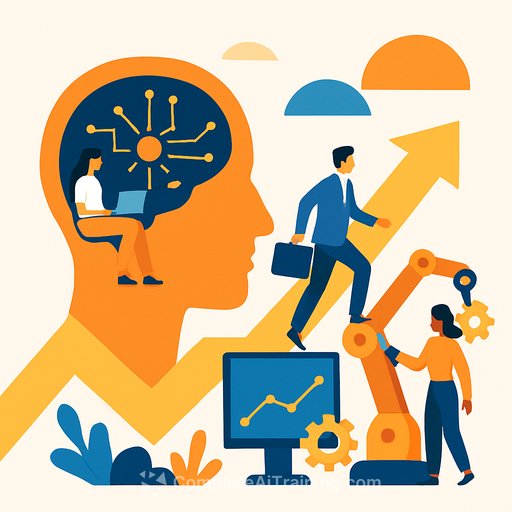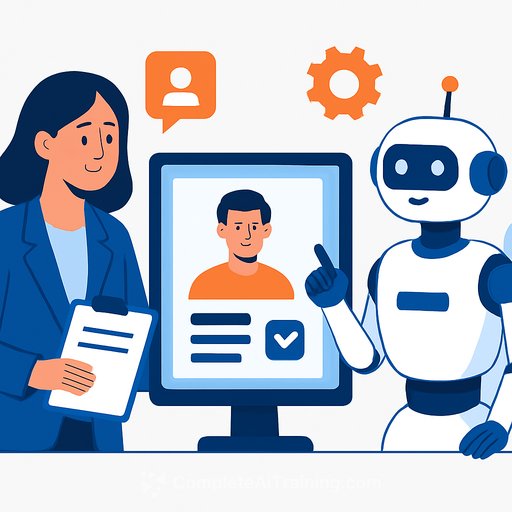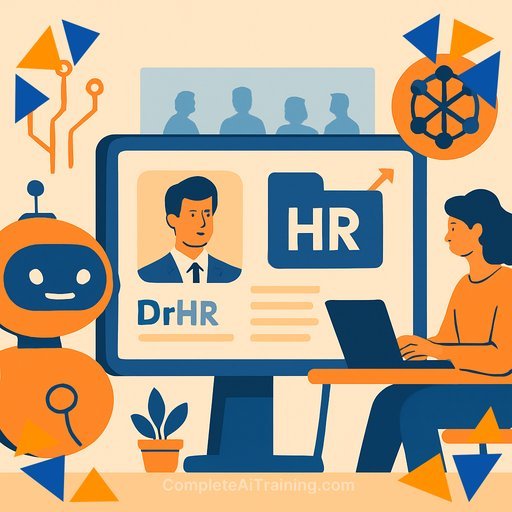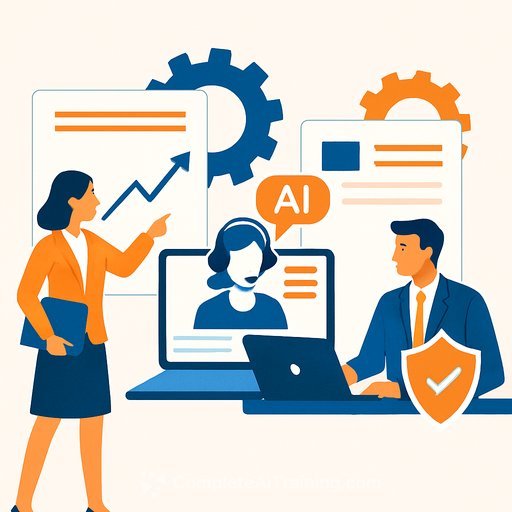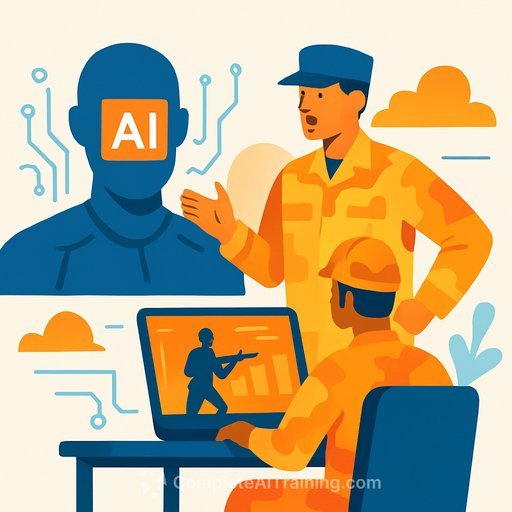Reinventing Work: An Exclusive Look at Accenture's AI-First Talent Strategy
Artificial Intelligence (AI) is changing how organisations operate and how people work. At Accenture, the focus is clear: it’s about combining human potential with AI to reach new levels of performance. Lakshmi C., Senior Managing Director and CHRO at Accenture India, shares insights on building a future-ready workforce where AI and people work side by side.
AI Is Reshaping the Workforce
Generative AI is shifting business models, innovation, and employee experience. Organisations need to rethink work processes and create cultures that embrace ongoing learning and adaptation. Leaders must understand AI deeply to responsibly scale its use and build trust among employees.
The key is talent. Companies should develop agile workforce models that anticipate role changes, encourage cross-team collaboration, and involve employees actively in transformation. Continuous reskilling is essential to keep skills relevant.
Providing employees with AI tools and autonomy fosters creativity and confidence. The goal is a workplace where human intelligence and machine intelligence complement each other to build inclusion and readiness for the future.
AI Is More Than Automation
At Accenture, AI is not just about automating tasks to boost efficiency. It’s about making functions more strategic, intuitive, and impactful. This creates growth opportunities and improves employee experience.
Investment in people is central. Accenture spends over $1 billion annually on learning and development. More than half a million employees have been trained in AI fundamentals. The data and AI workforce is growing steadily, aiming for 80,000 employees by fiscal year 2026.
Personalised learning powered by AI makes training fast and relevant. The culture encourages using AI as a collaborator, blending human judgment with AI outputs, and fostering continuous learning.
Human Skills Remain Essential
Technology evolves quickly, so skill gaps will persist. The human skills that matter most include:
- Learning agility
- Critical thinking
- Adaptability
- Resilience
- Emotional intelligence
- Empathy
- Ethical reasoning
Humans provide judgment and build trust—areas where machines cannot replace people. Organisations can nurture these skills by connecting employees with mentors, coaches, and leaders who promote continuous feedback and growth.
Building a Unified, High-Performance Culture
With over 350,000 employees in India, Accenture’s strength lies in its diversity. To create a unified culture, the company empowers employees to innovate and collaborate aligned with clear business priorities.
Performance management uses AI-powered tools like the "Feedback Coach" to enhance real-time, personalised feedback. Employees can explore internal opportunities and participate in a careers marketplace.
Front-line supervisors play a vital role in career development, supported by training and resources. Recognising employees who deliver exceptional results also fosters a high-performance culture.
Embedding Sustainability into Corporate Culture
Employees increasingly expect companies to commit to social and environmental causes. Accenture integrates ESG goals into daily operations to align personal purpose with organisational objectives.
Initiatives such as 'Season of Impact' have engaged tens of thousands of employees globally in social and environmental projects. In India, the 'Skills to Succeed' program helps disadvantaged communities gain employment and entrepreneurial skills.
This alignment builds a responsible, resilient culture where people feel connected to meaningful change.
The Future Workplace: Continuous Learning and Adaptation
The defining trait of successful workplaces over the next decade will be their ability to learn and adapt continuously. Accenture invests heavily in developing skills across industries, functions, and technologies.
The company encourages employees to SHIFT—building Skills, embracing a tech-led and human-enabled mindset, leading with Influence, showing Fortitude, and working Together.
This focus on constant skilling positions Accenture and its clients for long-term success in an AI-driven business environment.
AI Transforming HR Functions
AI enhances HR by providing predictive insights into skill gaps, future talent needs, and attrition risks. Generative AI and agentic AI improve routine HR tasks, freeing professionals to focus on strategic work.
Examples include AI-powered feedback tools that help supervisors give better guidance, and staffing agents that recommend personalised internal career moves based on skills and aspirations.
By integrating AI thoughtfully, HR is reshaping how talent is managed and how employee experience is delivered.
The Evolving Role of the CHRO
The CHRO role has shifted from traditional HR management to strategic partnership driving enterprise-wide transformation. Today’s CHRO must balance empathy with strategic insight, connecting human potential with technology and business goals.
Using data and AI for talent decisions, reimagining work models, and fostering a culture of empowerment are critical. The CHRO is a business leader, culture shaper, and change agent who helps organisations and people thrive amid continuous change.
For HR professionals, understanding this evolving landscape and focusing on continuous skill development will be key to success. To stay ahead, explore comprehensive AI courses and training resources that prepare you for the future of work. Visit Complete AI Training for more information.
Your membership also unlocks:

